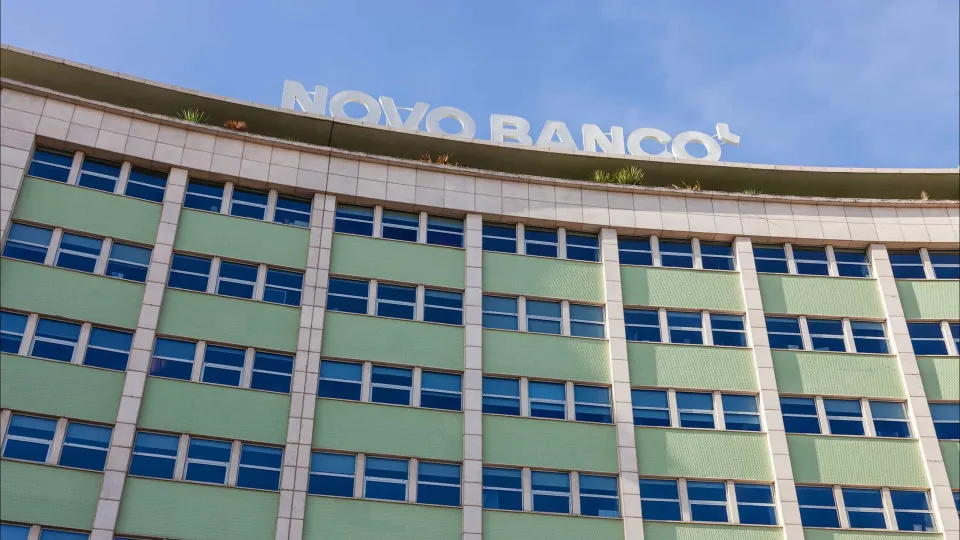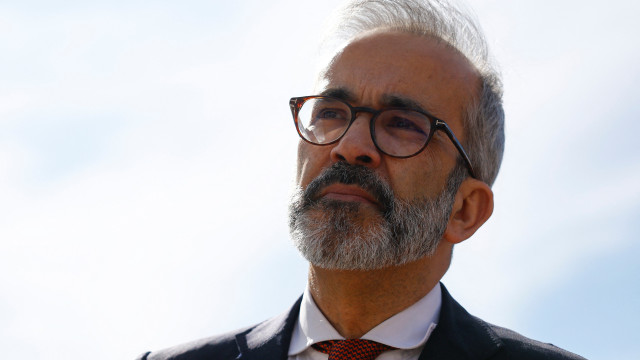
Last week, the banking unions associated with UGT (Mais, SBN, and SBC) stated that Novo Banco proposed compensation equivalent to 50% of the amount each worker claimed, alongside the termination of future liability. The decision to accept the proposal or pursue legal avenues remains solely with the workers.
The matter concerns credit cards that hundreds of Banco Espírito Santo (BES) executives received as a salary supplement, often included in individual employment contracts, usable for personal expenses like dining, electronics, or books. The amount varied according to the employee’s professional category.
Before BES’s resolution in 2014, these credit cards were unilaterally canceled by the bank, prompting workers to claim the associated amounts since then.
Novo Banco, when queried, stated that the proposal emerged following recent concerns raised by the National Union of Banking Executives and Technicians (SNQTB), involving approximately 700 employees initially provided with BES credit cards removed in 2011 by BES as well.
Novo Banco believes the credit card issue was closed but decided, through discussions with SNQTB and other unions, to consider a fair and equitable solution to conclusively address this matter, benefiting all parties involved.
Novo Banco has not disclosed the expenditure planned for this proposition.
Responding to inquiries, SNQTB viewed Novo Banco’s proposal as balanced, allowing hundreds of workers restitution of their rights, though acceptance remains an individual choice.
The union noted that this matter is unresolved judicially, and given the unlikely legal resolution and dependency on each employee’s circumstances, the offer presents an immediate resolution option without legal contingencies, preventing potential prescription and permanent loss of worker rights.
When questioned about judicial support for members seeking full compensation, SNQTB refrained from direct answers, indicating that members are free to decide, with the union supporting the majority’s choice.
The majority of workers impacted by this proposal (about 700 out of the over 4,000 employed by Novo Banco) are SNQTB members.
Cláudia Silva, a leader at SBN – Northern Bank Workers’ Union, stated that numerous member inquiries were received, and the union assists in interpreting legal texts.
“If tomorrow any member wants to take legal action [against the bank], we will not oppose it,” she stated.
Regarding the proposal’s reception, Silva mentioned that some bankers welcomed it, anticipating no recovery of this money, while others found it insufficient, contemplating rejection since they view the full amount as owed.
For instance, an employee with an accumulated balance of 24,000 euros is offered 12,000 euros gross in October, requiring them to forego future legal contests.
According to information obtained, Novo Banco conducted three sessions in September with employees on this issue, stating that for the agreement to proceed, at least 90% must consent, ensuring payment in October (subject to IRS but exempt from Social Security). Should this threshold not be met, a re-evaluation will occur.
In a recent dismissal challenge involving credit card remuneration, a court ruled that the bank must cover unpaid amounts for the years involved, including interest, citing the regularity and periodicity of payment as reasoning.




